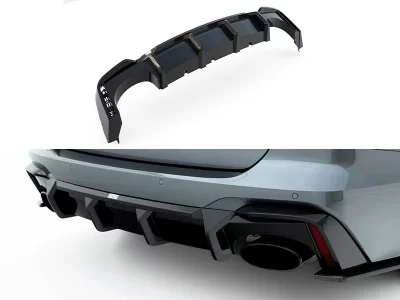Turn signals are one of the simplest yet most critical safety features on any vehicle. They communicate your intentions to other drivers, helping prevent accidents and ensuring smoother traffic flow. Because of their importance, turn signals are a vital part of routine preventive maintenance checks. Regular inspections help catch potential problems early, saving time and money while keeping drivers safe. This article explains why turn signals are included in scheduled maintenance and how routine checks can prevent common issues.
The Importance of Turn Signals in Vehicle Safety
Turn signals serve as the primary communication tool between drivers on the road. Using them properly reduces confusion, helps avoid collisions, and is required by law. Malfunctioning turn signals can lead to dangerous situations, such as other drivers misinterpreting your intentions or failing to yield.
Because they play such a crucial role in safety, vehicle manufacturers and inspection agencies emphasize the need to keep turn signals working reliably. Regular maintenance helps ensure that all the components involved—from bulbs to switches—are functioning properly, especially before long trips or harsh weather conditions.
What Routine Maintenance Inspections Cover for Turn Signals
During scheduled maintenance inspections, mechanics check several aspects of the turn signal system. This includes verifying that all bulbs are operational and replacing any that are dim or burned out. Inspecting the wiring harness and connectors for signs of wear, corrosion, or damage is also standard practice, as electrical issues can cause intermittent or complete failure. There steps in the Auto Repair in Houston, TX based services with the best expertise.
Additionally, technicians often test the turn signal switch and flasher relay to ensure proper blinking rates and functionality. They also check that the turn signals cancel automatically after completing a turn, which prevents signals from staying on unintentionally and confusing other drivers.
Benefits of Preventive Maintenance for Turn Signals
Routine checks help identify problems before they become serious. For example, replacing a flickering bulb or cleaning corroded connectors early can prevent the entire turn signal system from failing. Preventive maintenance reduces the risk of roadside breakdowns and traffic citations, which can occur if signals are not functioning.
Moreover, early detection of issues with switches or relays can save money by avoiding more extensive repairs. Well-maintained turn signals also contribute to a smoother driving experience and improve the vehicle’s resale value by demonstrating good upkeep.
Tips for Drivers to Maintain Turn Signal Health
Besides professional inspections, drivers can take simple steps to maintain their turn signals. Regularly testing turn signals before driving—especially after servicing the vehicle—helps catch problems quickly.
If drivers notice any irregularities such as rapid blinking or signals that don’t cancel, they should have the system inspected promptly. Ignoring these signs can lead to more serious electrical issues.
Conclusion:
Turn signals are an essential part of vehicle safety and communication on the road. Including them in routine preventive maintenance checks ensures they remain reliable and effective. By understanding their importance and following regular inspection schedules, drivers can avoid costly repairs, stay compliant with traffic laws, and most importantly, protect themselves and others on the road.













Comments